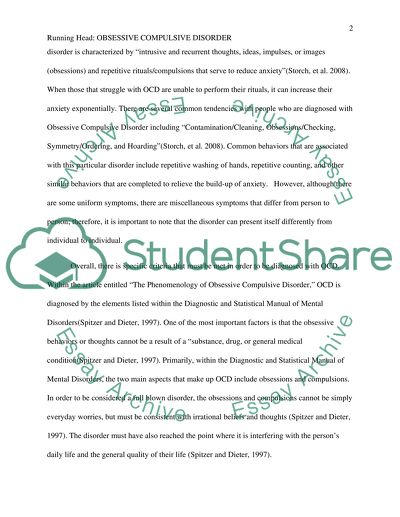Cite this document
(“Obsessive Compulsive Disorder Research Paper Example | Topics and Well Written Essays - 1250 words - 1”, n.d.)
Retrieved from https://studentshare.org/nursing/1428073-obsessive-compulsive-disorder
Retrieved from https://studentshare.org/nursing/1428073-obsessive-compulsive-disorder
(Obsessive Compulsive Disorder Research Paper Example | Topics and Well Written Essays - 1250 Words - 1)
https://studentshare.org/nursing/1428073-obsessive-compulsive-disorder.
https://studentshare.org/nursing/1428073-obsessive-compulsive-disorder.
“Obsessive Compulsive Disorder Research Paper Example | Topics and Well Written Essays - 1250 Words - 1”, n.d. https://studentshare.org/nursing/1428073-obsessive-compulsive-disorder.


